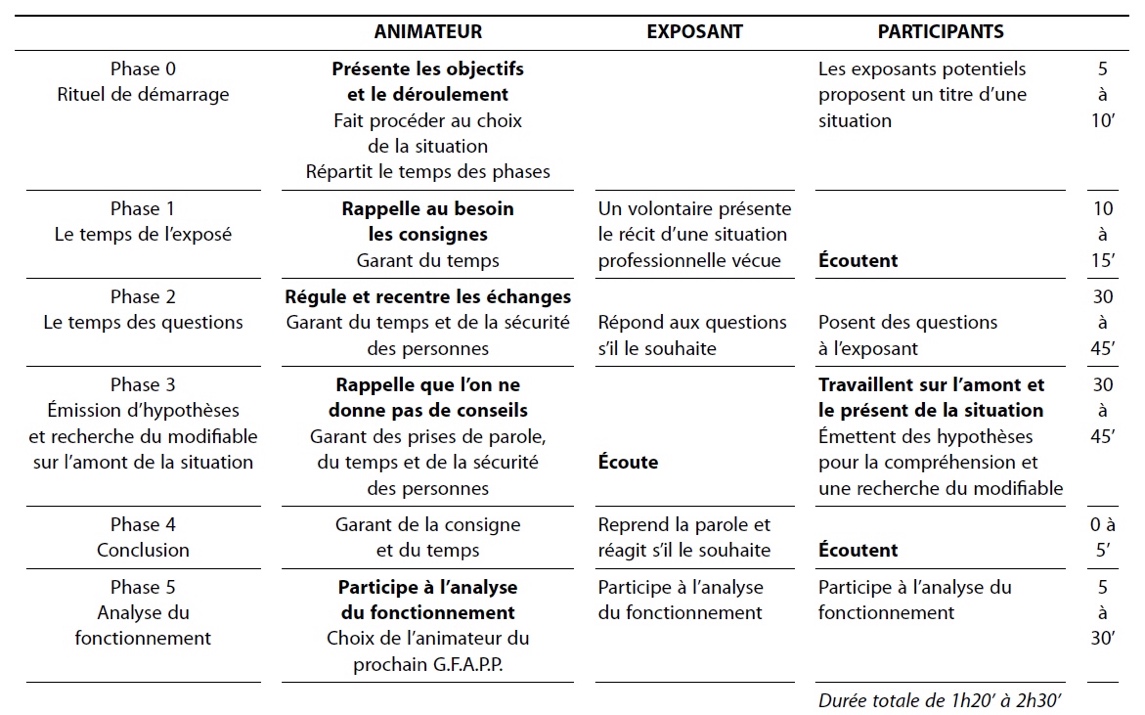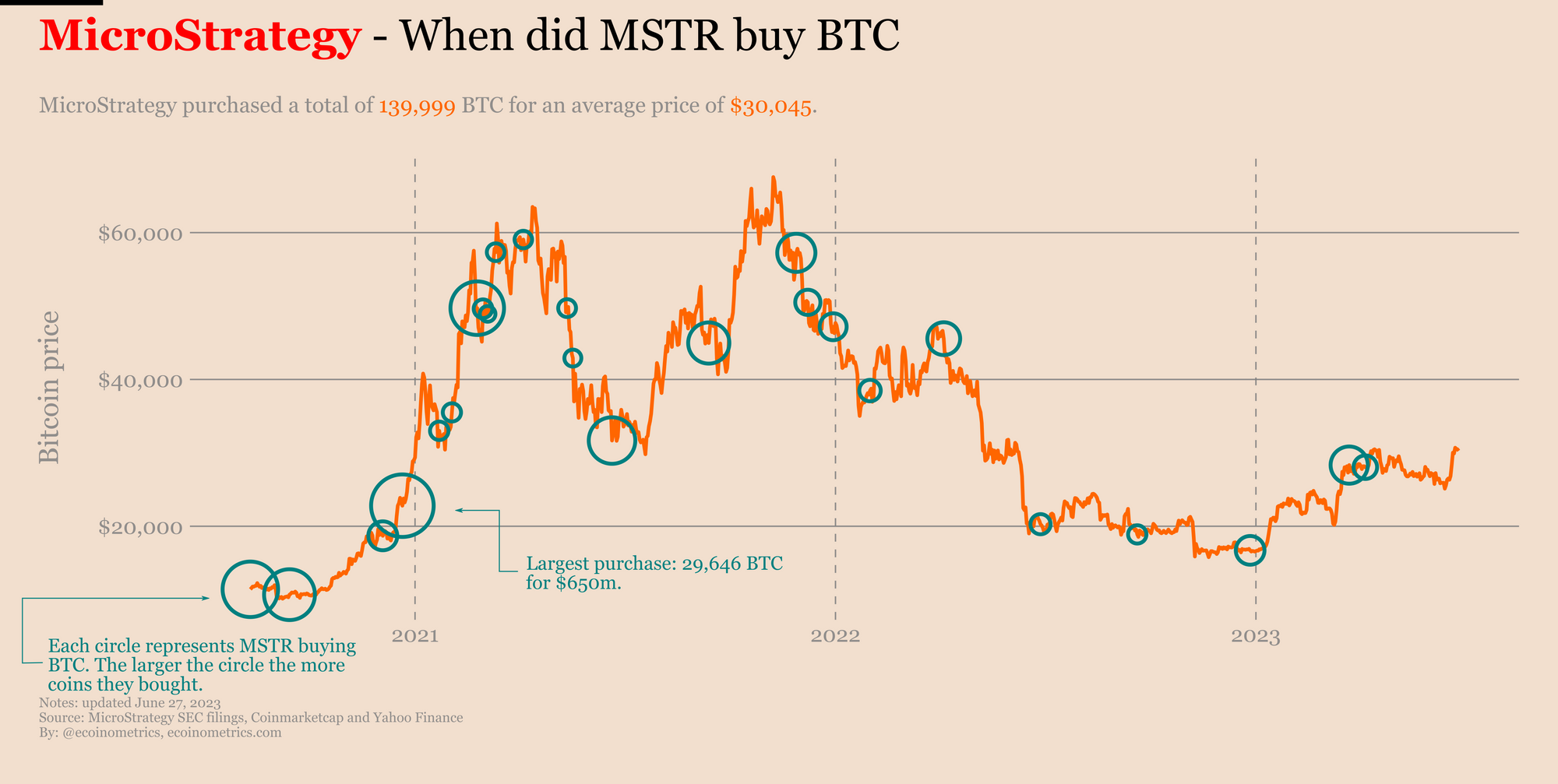Why Middle Managers Are Crucial For Company And Employee Success

Table of Contents
Middle Managers as the Bridge Between Leadership and Employees
Middle managers are the linchpin connecting high-level strategy with on-the-ground execution. Their effectiveness directly influences the success of the entire organization. This crucial role involves two key aspects: translating strategic goals and facilitating effective communication.
Translating Strategic Goals into Actionable Plans
Middle managers are responsible for translating high-level strategic objectives into concrete, actionable plans for their teams. This involves breaking down complex tasks into manageable steps, ensuring clarity and understanding at all levels. Without this translation, strategic initiatives often fail to reach their full potential.
- Strategic planning: Middle managers participate actively in the strategic planning process, contributing insights from their teams and ensuring alignment with overall company goals.
- Goal setting: They translate overarching company goals into specific, measurable, achievable, relevant, and time-bound (SMART) goals for their teams.
- Task management: They break down complex projects into smaller, manageable tasks, assigning them to team members based on skills and expertise.
- Execution and implementation: They oversee the execution of plans, monitoring progress, identifying potential roadblocks, and making necessary adjustments.
Example: A middle manager in a software development company might translate a company-wide goal of launching a new product by a specific date into detailed sprint plans, assigning tasks to individual developers, and tracking progress using project management software.
Effective Communication and Feedback Loops
Effective middle managers are masters of communication, ensuring a smooth flow of information between senior leadership and employees. This bidirectional communication is crucial for both conveying expectations and gathering valuable feedback.
- Communication skills: They possess excellent written and verbal communication skills, enabling them to clearly articulate expectations, provide constructive feedback, and facilitate open dialogue.
- Feedback: They regularly provide feedback to both senior management on team performance and to their team members on individual contributions, fostering continuous improvement.
- Transparency: They promote transparency within their teams, keeping everyone informed of important updates and changes.
- Reporting: They effectively report progress on projects and initiatives to senior management, highlighting successes and identifying challenges.
Example: Regularly scheduled team meetings, one-on-one check-ins, and the use of collaborative tools like project management software facilitate clear communication and feedback loops.
Middle Managers Driving Employee Engagement and Development
Beyond bridging the gap between leadership and employees, middle managers play a vital role in fostering employee engagement and development. Their actions directly influence team morale, productivity, and retention.
Mentorship and Support
Middle managers act as mentors and coaches, guiding employees' professional development and growth. They provide support, address concerns, and help employees navigate challenges. This investment in employees creates a loyal and engaged workforce.
- Employee development: They identify training needs and opportunities for employees, helping them enhance their skills and advance their careers.
- Mentorship: They act as mentors, providing guidance, support, and encouragement to help employees reach their full potential.
- Coaching: They provide constructive feedback and coaching to help employees improve their performance and overcome obstacles.
- Talent management: They identify high-potential employees and work to develop their skills and prepare them for future leadership roles.
Example: Providing training opportunities, offering constructive feedback, and advocating for employee advancement within the company.
Boosting Team Morale and Productivity
Effective middle managers create a positive and collaborative work environment, boosting team morale and productivity. This is achieved by fostering a sense of belonging, recognizing achievements, and addressing conflicts effectively.
- Team building: They implement team-building activities to foster collaboration and improve relationships among team members.
- Motivation: They motivate team members by recognizing their accomplishments, providing positive reinforcement, and creating a sense of shared purpose.
- Morale: They actively work to improve team morale by addressing concerns, resolving conflicts, and creating a supportive and inclusive work environment.
- Productivity: They implement strategies to improve team productivity, such as streamlining workflows and eliminating bottlenecks.
Example: Team-building activities, recognition programs, and fostering a culture of open communication and mutual respect.
Middle Managers Ensuring Operational Efficiency and Performance
Middle managers are responsible for ensuring the smooth operation of their teams and the efficient use of resources. Their problem-solving and decision-making skills are crucial for navigating challenges and achieving operational excellence.
Resource Allocation and Optimization
Middle managers are responsible for effectively allocating resources, ensuring teams have the necessary tools and support. They also monitor performance, identify areas for improvement, and implement solutions to optimize efficiency.
- Resource management: They manage budgets, allocate resources effectively, and ensure that teams have the necessary tools and equipment to perform their tasks.
- Budget management: They develop and manage budgets, ensuring that resources are allocated efficiently and effectively.
- Project management: They oversee projects, track progress, and ensure that projects are completed on time and within budget.
- Performance monitoring: They monitor team performance and identify areas for improvement, implementing changes to optimize efficiency.
Example: Managing budgets, assigning tasks effectively, and monitoring project timelines using appropriate project management tools.
Problem Solving and Conflict Resolution
Middle managers often act as first responders to problems and conflicts within their teams. Their ability to resolve issues efficiently and fairly is vital for maintaining productivity and morale.
- Problem-solving skills: They possess strong problem-solving skills, enabling them to identify and address challenges effectively.
- Conflict resolution: They are skilled in conflict resolution, mediating disputes between team members and finding mutually acceptable solutions.
- Decision-making: They are able to make timely and well-informed decisions, even under pressure.
- Crisis management: They are prepared to handle crises and unexpected events, ensuring that the team remains productive and morale is maintained.
Example: Mediation between team members, identifying and addressing project roadblocks, and implementing corrective actions to prevent future issues.
Conclusion
Effective middle managers are not just cogs in the machine; they are the vital connectors that ensure both company success and employee success. Their ability to bridge the gap between leadership and employees, drive employee engagement, and ensure operational efficiency is essential for any organization's prosperity. By investing in the development and support of their middle managers, companies can unlock significant potential for growth and build a strong, thriving workforce. Don't underestimate the power of strong middle management – nurture your middle managers to achieve lasting company and employee success. Invest in your middle management team for better team management and overall company success.

Featured Posts
-
 Four Unexpected Randall Flagg Theories That Reinterpret Stephen Kings Works
May 09, 2025
Four Unexpected Randall Flagg Theories That Reinterpret Stephen Kings Works
May 09, 2025 -
 Alaskas Fur Rondy A Test Of Endurance Despite The Distance
May 09, 2025
Alaskas Fur Rondy A Test Of Endurance Despite The Distance
May 09, 2025 -
 Match Dijon Concarneau Score Details Et Analyse De La Journee 28 De National 2
May 09, 2025
Match Dijon Concarneau Score Details Et Analyse De La Journee 28 De National 2
May 09, 2025 -
 Indian Stock Market Update Sensex And Nifty Surge Today
May 09, 2025
Indian Stock Market Update Sensex And Nifty Surge Today
May 09, 2025 -
 Micro Strategy Vs Bitcoin Investment A Comparative Outlook For 2025
May 09, 2025
Micro Strategy Vs Bitcoin Investment A Comparative Outlook For 2025
May 09, 2025
